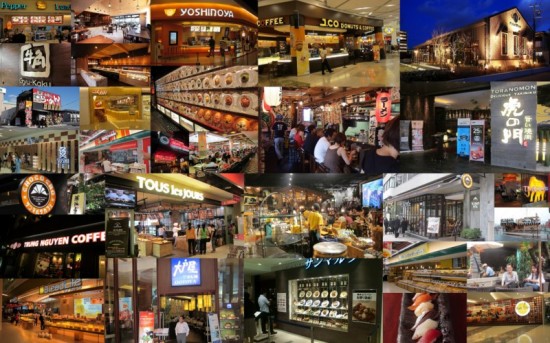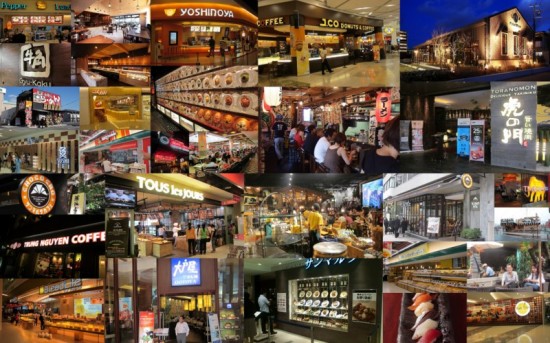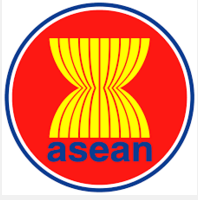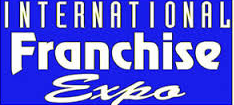Japanese franchisees should aim for the world!

Japanese franchisees should aim for the world!
A recent thought.
My first company started out as a franchisee.
The Japanese franchise system is very iffy.
I felt this when I went to the U.S. for franchise training three years ago.
There is a big difference between franchises in the U.S., a leading franchise country, and those in Japan, about as big as baseball and baseball.
It is the relationship between the headquarters and the franchisees.
In the U.S., it is very flat.
As in Japan, the franchisees are under the control of the franchise headquarters, and the franchise headquarters is responsible for providing guidance to the franchisees.
The idea that the franchise headquarters has a responsibility to provide guidance to the franchisees does not exist in the U.S.
The franchise headquarters is responsible for providing guidance to the franchisees. This is the American franchise chain.
My aforementioned company, which had a great mission from its inception, did not have the idea of piggybacking on the head office and having it teach everything to the franchisees.
Both St. Mark's and Gyukaku joined the franchise when there were still less than 10 stores in Japan, and they were small, tiny chains that really had no idea what would happen in the future.
My company, as a franchisee, started with the mission of creating new know-how and supplying it to the headquarters.
We are still a small headquarters, and our know-how is still very limited. That is why we are working together to create know-how.
When we thought about it, our company had a big, big advantage.
That is, by developing multi-brand franchises, we were able to associate with many franchise headquarters. (We even coined the term "multi-brand franchising.")
Each headquarters has its strong points and its weak points.
We mix these together to create new know-how.
In any case, there is a soil in which more know-how can be developed than in a single headquarters.
(Like Windows vs. Linux in the PC industry).
With this in mind, CROCO has been building up its know-how.
Gyukaku's down-service (kneeling down to take orders), birthday DM project, and GK-EST (eye to eye, smile, talk) all started with us.
But now that I think about it, this is very correct.
Because we were able to become a treasure house of know-how.
The big mistake we made at the previous company was to try to use this know-how to launch our own brand and grow domestically.
The franchisees are still the franchisees in Japan. As mentioned above, the structural perception is that the franchisees are under the franchise headquarters.
No matter how much know-how they have, no matter how much more profitable they are, no matter how much better they operate than the head office, they are still not a franchisee in Japan.
Therefore, although there are some mega-franchisees and multi-franchisees in Japan, their stock prices do not increase even if they are listed on the stock exchange.
(In reality, they have a more powerful structure than the franchise headquarters. (In fact, there are many franchises that are more impressive than the franchisor...)
) It is better to use this core know-how to develop a franchise headquarters in a new location (overseas) than to develop a franchise headquarters in Japan.
If you have the essential know-how, you can handle business development, logistics, and everything else. (Please consult with us and we will do whatever it takes.)
Especially in business development, success in Japan does not necessarily mean success overseas. If you know the essence of the business, you will be fine.
We will participate in franchisees in Japan to absorb the core know-how of the food and beverage industry, and then create new know-how on our own.
There is nothing interesting about being a franchisee who is dependent on the head office to develop the business.
Then, challenge the world with a big, big dream!
Franchisees aim for the world!
Assentia Holdings AssentiaHoldings, Inc.
AKIRA TSUCHIYA



